Marcel Smith – Singing From My Soul
By Matteo Bossi
Many years ago, on issue n. 51 of our Il Blues magazine, we published a couple of reviews. One by a gospel group, the W.D. Gospel Singers, “Old Time Religion”, and the second, “From The Old School”, by a R&B band, the Soul Prophets. Both from Sacramento, California, both appeared on the small Have Mercy label, run by local promoter Big Mike Balma and both featured the talents of Marcel Smith, a very gifted singer who more recently, put out a couple of albums on his own name through Little Village Foundation. He laughs when he sees that, “these are my guys…and I actually took two songs from that album and put them on my album! You know Bobby Womack heard Nothing left to burn, and he liked that but he said you got to need some horns. So thirty years later I did it with the horns!”
You have been singing your whole life.
Yes, I had been singing in church choir at eleven years old. I was exposed to a lot of music, a lot of singing, as a child I always loved music. Growing up in the church one of the first song I sang was probably This Little Light of Mine or Amen. I remember going to the kitchen and pulling out my grandmother’s pots and start beating them like a drum…instead of getting punished my grandmother would say you need a tom tom! She was always encouraging me and my mother would say don’t do that! I’ve been blessed to have support from my family and my mentors and to be exposed to so many people of what I call the “golden age of gospel”. People who saw great singers like Sam Cooke with the Soul Stirrers, Archie Brawnlee with The Blind Boys Of Mississippi, Clarence Fountain and The Blind Boys Of Alabama, Lou Rawls when he was with the Pilgrim Travelers…they got to see this people and they kind of passed it to me. I was not a big fan of singing in a choir, you get lost in the mix of so many voices, but when I first saw a gospel quartet that was something different. These guys came on with flashy suits, guitars, drums…and three guys on one mike and a lead singer up front. I was gone by then, wow, it blew my mind! When I was able to join the W.D. Gospel Singers at sixteen I was OK I made it I’m in quartet gospel legend now…I had a teenage group in junior high and we were trying to imitate these guys, doing doo-wop on the corner. It was fun. Growing up in Sacramento in that time, late Seventies early Eighties…we were trying to continue the vocal stuff. I didn’t know anything about music, harmony…singing in the quartet is different, they had to teach me everything. You got to know when you sing first tenor, second tenor or baritone, you might even have to sing what we call the fifth or sixth. I research a lot of the soul guys that in the Sixties came out of that style of music, like Wilson Pickett. Then one of my mentors Bennie McCain was singing with Pickett in Detroit in the same group, The Violinaires and The Pearly Gates. I was wondering when I saw him, because he sounded a lot like Wilson Pickett but he said “no it’s Wilson who sounds like me!”
Then you did the recordings for Have Mercy.
I was very much fortunate to be know the singers in W.D. like the Washington Brothers, Charles Ward…these guys are gone and I’m here to carry on what they thaught me. The group had not done a full album in all those years they had been singing, so I was happy when we did the record on Have Mercy label. The Soul Prophet album came first, but then I said “you guys be prepared, because when I’ll come back from the short tour with them we’ll go to the studio together and make a record”. They had just one 45 they did in like 1967. In the mid-sixties they were part of group called the Sacramento Spirtual Five and in the Seventies there was a split between the Washington Brothers and members of the Spiritual Five, so they left to form their own group the W.D with also the Dosty Brothers. Then in 1981 they came to my church and that was the last performance of the guitar player they had. I was singing on that program and they asked about coming to work with them, they could teach me a few more things. They found out I play guitar so they said we can bring you in. It was a good marry and it lasted until 2019. We had a great run and maybe we’ll do a reunion with the surviving guys. So many members have passed away so quickly from 2013 to 2016. One of the was also the drummer for the Soul Prophets, Anthony Brown. February the 1st will be ten years since he passed. He and I were like brothers, inseparable. I was six months older than he was, so when I turned forty he called me and said “happy birthday you old man”. We knew each other since we were sixteen He was the drummer on a lot of things. After that record on Have Mercy we did subsequent album that did not do anything on a national basis but are pretty good recordings. One was called Working The Road and another called My Everything…we would feature a different lead singer on every record. On “Old Time Religion” we featured Willie Washington on the other Charles Ward and on My Everything it was me singing. One day I may put out a best of the three CDs. We had a nice little fan base because we did a lot of festivals, I miss those days, but moving forward here I am now. But I’m still working with friends. On this current album and the previous one I have the Sons Of Soul Revivers, we know each other for forty years, we used to be on the same gospel program. And Jim Pugh loves quartet stuff too.
How did you start playing guitar?
Actually my grandma thought me how to play guitar! She had a weird way to string a guitar but she had chops. I would pick up the guitar and start playing a few things. Then I started listening to groups like the Mighty Clouds Of Joy or Howard Carroll of the Dixie Hummingbirds, he was monster as far as guitar guys. There was Jojo Wallace of the Sensational Nightingales,but Carroll was so creative and innovative, phenomenal player. Arhur Crume just passed away and when the Soul Stirrers passed through Sacrament I asked Arthur if he could show me a couple of things. And he did. I kept those things to this day in some of the stuff that I do. I wanted to know how to play this song that we did, as W.D. Gospel Singers, called Glory Bound Train, cause I wan’t playing it right. Here’s a legend taking time to show a seventeen year old Marcel how to run his pinky to get that sound. I still play an hollow body Ibanez and I have another one right here, I always play guitar around the house. It was rare for a kid to approach a group like that. Jessie Calloway of the Victory Five introduced me to the Soul Stirrers. Sacramento had a pletora of gospel legends in those days, they were not signed or national, like the Dosty Brothers were great guitar players too. Another influential guitarist I met was Cliff White, he played for the Mills Brothers and notably for Sam Cooke. I had the pleasure of meeting him in his home and he graciously showed me some chord progressions and photos from his time touring with Sam. When I was not singing lead, especially in the W.D., my role was to sing tenor and be the guitar guy, to play the rhythm. I had to make sure to not overpower these guys but push them so they could be as strong as they need to be. If I had a drummer and a bass player we were good, but there were times where it was just me and the singers.
In the Eighties and Nineties you performed both gospel with the W.D. Gospel Singers and secular music/R&B with the Soul Prophets, was there any problem because of that?
Even before the Prophets I had a group, a college band, called the M3. We were not playing clubs, we were playing college campuses. But then when I got with the Soul Prophets I started playing in the night clubs on a Sunday evening…I would get the blowback from the more strict, nostalgic gospel critics. I had some members of the W.D. who quit because I was doing that and they did not want to be associated with it. We had a meeting and I looked at the the guys who were remaining, Willie Washington, Charles Ward and our bass player Marcus Davis, and I said “what do you guys want to do?” And the older guys said, “we’ve been blessed to work with you Marcel all these years, you took us cross country with one album. We’re gonna stay with you”. And they did until they passed away. So we rebuild the W.D. around them with some new members, and we got a strong group. And that was on the last album we recorded. Roy Tyler of the Gospel Hummingbirds, they recorded for Blind Pig, he gave some advice, he said “Marcel you can’t worry about what people are saying”. It was an economic situation, non of us lived in the same city, so we needed to get into festivals and to some churches in between.
Gospel is always there, in your music.
Yes, and if I’m on the road and meet with some other artists like on the last Rhythm and Blues Cruise, with Sugaray Rayford, Dylan Triplett, Mr Sipp…we were singing gospel backstage. Sugaray hosted a gospel show. We never forget it. I’ve never abandoned it. My style of singing comes from the gospel, the roots are always there. Jessie Calloway told me “you got to set your own path, continue to be true to you”. And with the validation of the older guys I did that. I remember the last time I played with Charles Ward, he was in a wheelchair, it was a celebration of him, we started to sing a song he and I had recorded together and they held him up and he got the microphone, he was leaning on me and started to sing and his voice was clear and strong. He hit every note. Then he sat back down and a couple of weeks after that he passed away. I always wanted to do more with my music, so I could draw attention to where I came from, the local pioneers that never get looked at. There are some recordings, some videos…a lot of people told me I’ve got to put together something, but I don’t have the resources to do it.
What about the two records you put out with Little Village, they represent a new chapter for you.
Roy Tyler and Rick Estrin are the reason why Jim Pugh and I met. Rick Estrin is another big brother, I have known him for forty years and he has always encouraged me. We decided that the first album would be a transition coming from message songs and my gospel roots, we did “What A Friend We Have In Jesus”, which is Kid’s favorite song. Then I suggested some message songs, like “He Ain’t Heavy, He’s My Brother”, dedicated to my friend, the drummer who had passed away and my mom’s favorite song on the album, “Harry Hippie”. She said “I like your version, it’s better than Bobby Womack’s”…”you’re kidding, you’re my mom, that doesn’t count”, I said. And we had Willie Walker on that record. On this new album we go more to soulful blues style. I like the way it all comes together and we got my friend Johnny Rawls. We first me in 2010 at the Soul Prophet’s reunion. Big Mike Balma put a show together and people came from all over as we had not played in years. There were Johnny Rawls and Otis Clay. They met at that gig and then some time later they put out a record together, “Soul Brothers”. Rawls opened the show, then the Soul Prophet came out and Otis Clay closed it out. It came out really well. Johnny and I reconnected seven or eight years ago, he was playing in San Jose and we got to talking. When I was recording this album I said to him, “since you and Otis did Turn Back The Hands Of Time I wanna do that with you on my record”. So we did that. Kid arranged it to have more punch on it. Then we did “There Goes My Used To Be” which was done by O.V. Wright and Willie Walker. Kid said, “why don’t we do it at a very slow pace?” “OK” I said, “I like that”. The original songs that I wrote, “If You Miss Me”, “I’m Coming Home To You” and “What Can We Do”. Jim wrote “To Be True” for a Robert Cray record and I said “I hear something else, let me put double voice on it” and he surprised me when he put the strings on. When Kid emailed me the final track with the big sound, I was like “wow, I like that”, Kid is such a great producer. “Drunk” I wanted to do it because it’s a Jimmy Liggins tune that I remember my grandparents used to play, they had the 78 on Specialty, I think. We got a little funky groove on that…you can’t go wrong if you have Jim Pugh, D’Mar and Kid. About “My Heart Told A Lie”, my girlfriend said “why don’t you ask Lisa to sing it, to give it a woman perspective”. And she did an outstanding job.
You also sing a Little Richard song.
Yes “Freedom Blues”. I had not recorded anything by him before and he recently passed away while we were recording the album. Let’s go ahead and do it we said to ourselves. But of course we got to change the key, I can’t sing it like him, that’s not my style. I tried to put a little soul in it. I changed one line when he said “I done my duty in rock’n’roll”, I’ve never done rock’n’roll therefore I put “from my soul”…and then we said “let’s call the album From My Soul”. It felt so good from the time we started till the end, there was never a bad moment.
As a bonus we got your very emotional live interpretation of “How Can You Mend A Broken Heart”, a few days after the passing of your mother.
It was done at a Greaseland Party, yes, it was very hard. I can’t listen to that track, it takes me right back to that space. I miss my mom, I know she would have really loved this album and she would have been playing to the neighbors. But this happened in 2021, the party was on Sunday and my mom passed on Thursday, losing her in September 2021 and losing my father in September 2019 was really hard. On a Saturday I met Wee Willie Walker in San Jose, he was with Anthony Paule. We were having a glass and he said to me, “Marcel, you got to adjust, I still miss my parents to this day and they’ve been gone a long time. Tonight you’re going to sing a song for your dad and for me”. “Yessir, Mr Walker” I said. Then he would call me to check on me. But Willie passed away two months later, on November that same year. And I was like, “where’s my world?”. Then one of my younger brothers passed away too in December last year. So with this album if I could say one thing to anybody out there is “be the best version of yourself that you can be, as long as you’re not trying to get over anybody else, go ahead and do it”.
So did you feel a responsibility to honor all these dear ones that have passed?
Yes when we started recording a lot of this had recently happened or it was in the midst of it. So each time I was going to a session there might be some kind of loss. And music helps heal me when I’m really troubled, just singing gospel or soul gets me in a better headspace. I drew from the pain, that anguish but also the love that I have for these folks. I could feel them there, my dad, the W.D.’s that have passed, my mom, especially when I hit a bad note…It kept me going. When my mom passed there were times when I was thinking“do I want to do this anymore?” And I could hear her saying “you can’t stop now!”. I know she’s with me. I have a picture of her right by my side and one of my dad just across the room. They’re watching over me. When I did listen do “How Can You Mend A Broken Heart?” one time in the car I had a tear in my eye. I hope it touches somebody, as a singer and songwriter I hope I’m able to make an impact.
You did some touring with the Greaseland Allstars do you have any plan to take the record on the road?
There’s been some discussion about it and so now this album is doing well for me. We released the album when we were on the Blues Cruise in Mazatlan. I’ll play in Santa Rosa tomorrow and Tacoma in April and I’ll probably be doing something with Johnny Rawls here in June. Then we’ll see but I’d love to take it on the road and overseas. A lot of my label mates have been doing it, Alabama Mike, Tia Carroll…it’s gonna be fun, I really think I do my best work in a live setting, in front of people.
How has the music scene in Sacramento changed over the years?
There was the Sacramento Blues Festival for many years which was done by the Sacramento Blues Society and Phil Givant. After that Mike Balma started doing the Sacramento Heritage Festival, that lasted for almost twenty years. A lot of artists from the label, Have Mercy, would play on the festival, but the label didn’t last long. From the eighties to now the difference is the local talent in Sacramento is plentiful but not like back then when we could go in clubs like Sam’s Hof Brau and see someone like Johnny Heartsman, Arbess Williams…We had a spot that just recently closed down, JB’s Lounge, I was there with a local band, Bob Jones & The Chosen Few. I even opened up a show for James Hunter, he’s a good friend of mine. There’s a lot of great young singers coming up and I’ve met a few of them, I try to encourage them and give them advice.
Little Village is different label.
Now you don’t need a record company, but I was blessed to link up with Little Village, they’re really 100% for the artists and I love being a part of that family. And every time I do see a chart there’s a few Little Village artists! And Greaseland it’s such a cool studio, there’s always something coming out of there, Kid is very passionate about what he does. The music scene has evolved so much but the more it changes some of the things are just the same.
My thing as an artist is to establish a connection with the audience, I want them to have an experience. That’s why people come to a concert. That’s not karaoke, it’s a whole different thing! Let’s make sure we had this shared moment. Some of the best live performances I heard through the years are when folks take their song and they do in a different way. I had people in my career said “no we’ve got to play it just like the record”. And I’d go “nooo”. Everyone knows Sam Cooke’s “Live At The Harlem Square Club”, he does “Bring It On Home To Me”, he preaches for a few minutes and then he drives the song in a different way…that’s what I’m talking about. You do want to bring that fervor but you can’t do it if you play it just like the record. That’s why it’s called soul. I can’t do in the studio a nine minute song, but on stage you’re caught in the moment, you can’t follow sheet music. Sometimes it has happened to me and when they asked me “what do we do next?” “Go back to the one!” I’d say. There was a standing joke with the W.D.’s “wherever we get lost everybody meet at the one!” I’ve met so many great people along the way and some time with music you play with people you’ve never met before but everything just meshes.
You just connect.
Yes, And like with Sugaray Rayford, we were having so much fun, you don’t wanna let it go. And I’ll tell you, I’m still learning. With this album I learned something more about myself, both as a man and as entertainer. To me it’s important to pass it on to the next generation, just like the previous generation did for me, because I stand on their shoulder. Sugaray and I talked about that, thinking about Kingfish, Dylan Triplett, DK Harrell…all these guys. Once upon a time that was us. I’ve been able to meet some of my musical heroes and some of them call me friend. I’m grateful for that. Just to put on one show it takes a lot, the people who are behind the scene are important, it’s a community. I wish it could have happened sooner for me, but things happen at the right time. Somebody on the Blues Cruise told me “I know you’ve been putting out records but we haven’t seen you in so long. I’m glad that you’re here”. A lot of ups and downs. For a period I got so discouraged and I almost quit singing… but the only thing that could get me back up was music.. It’s fulfilling to know that I can write a song and sing it and ten months later it’s on a record and it makes people think.


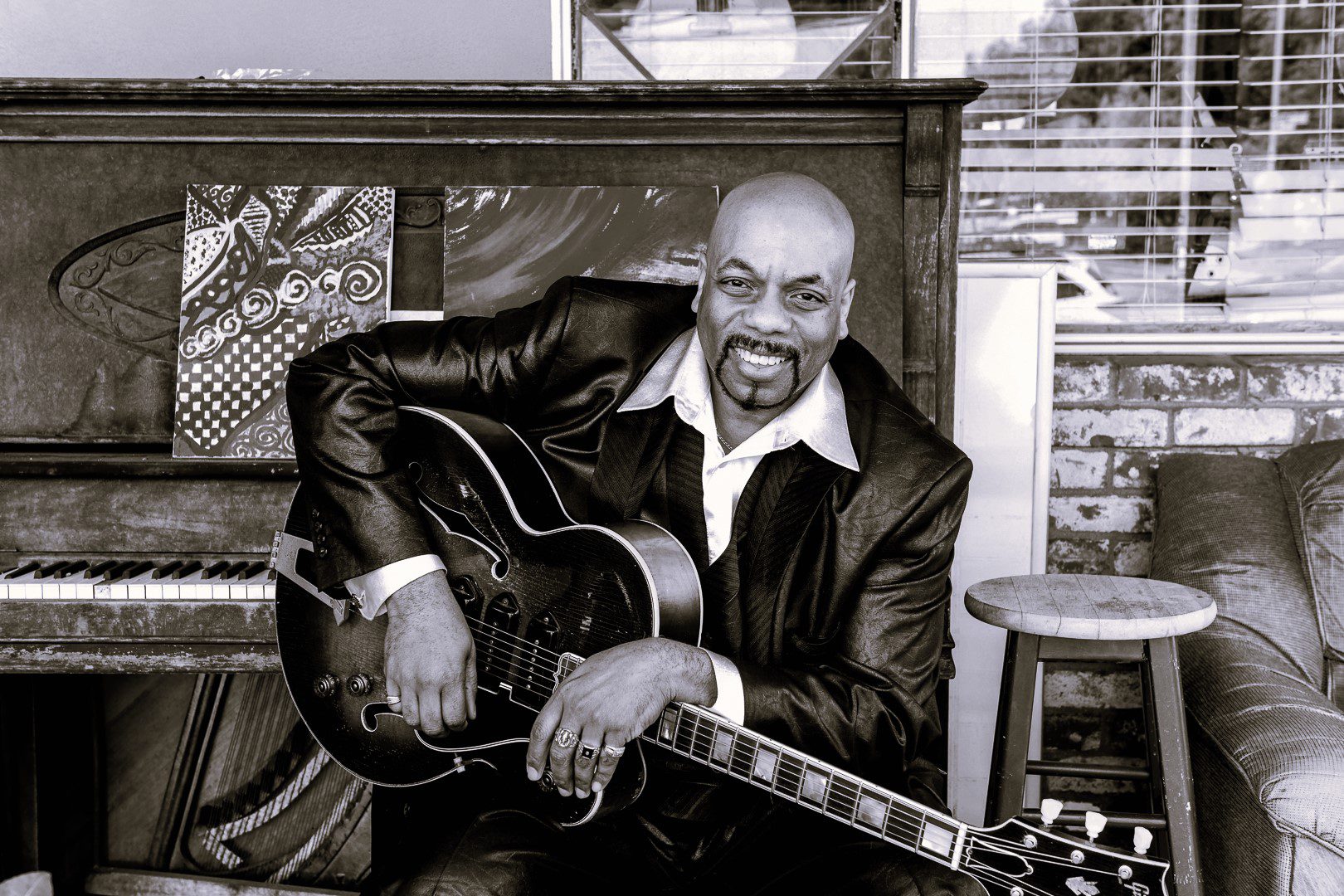
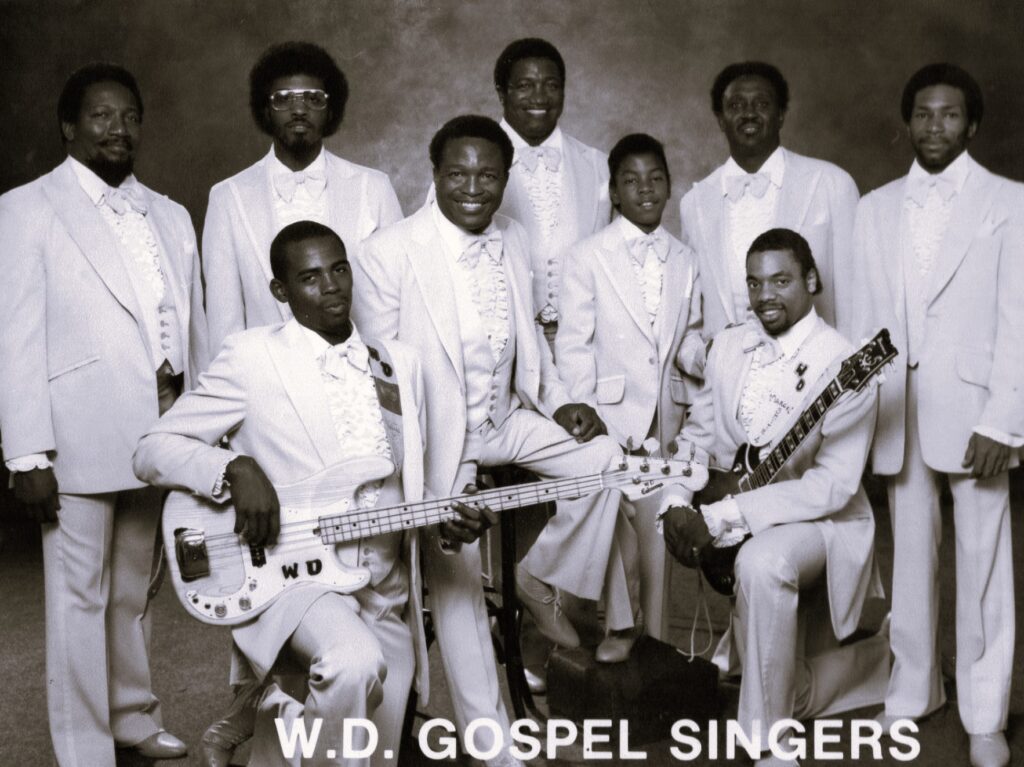
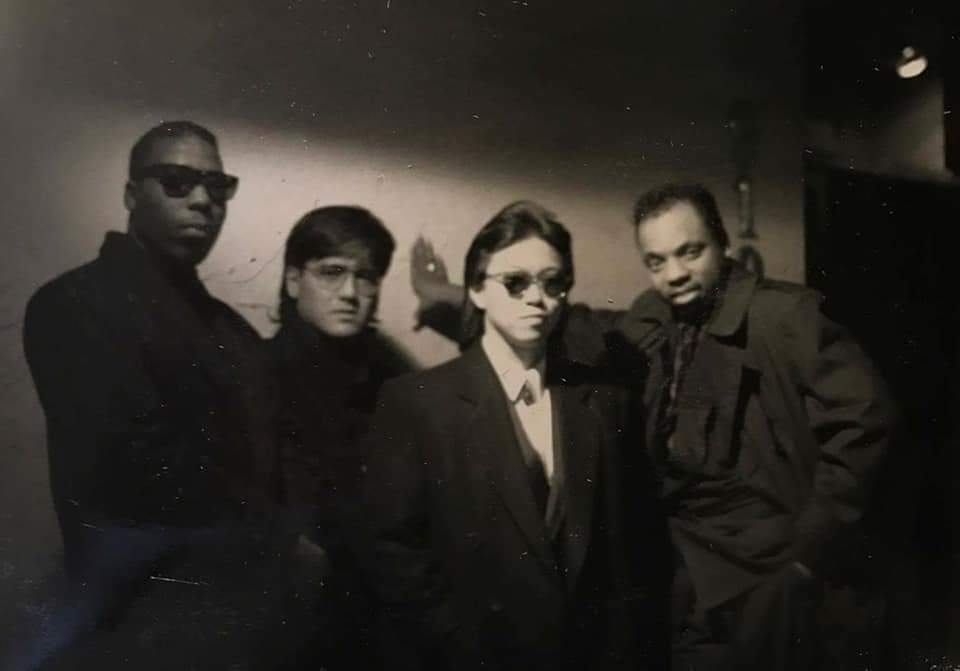
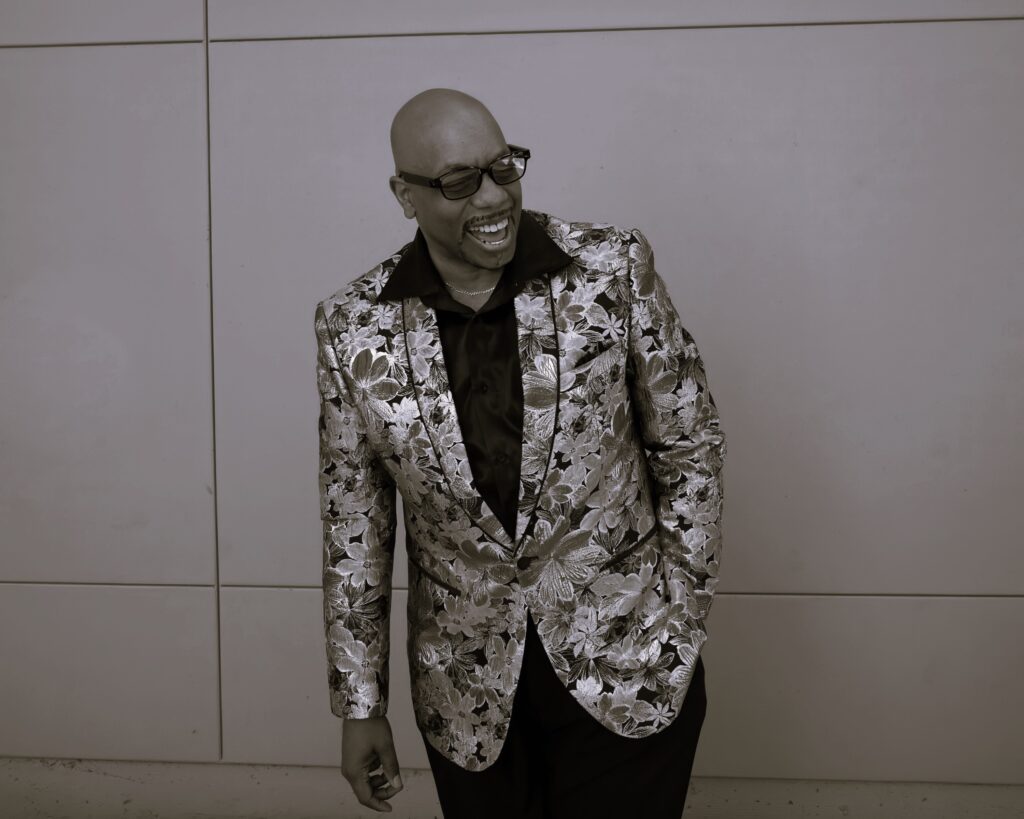
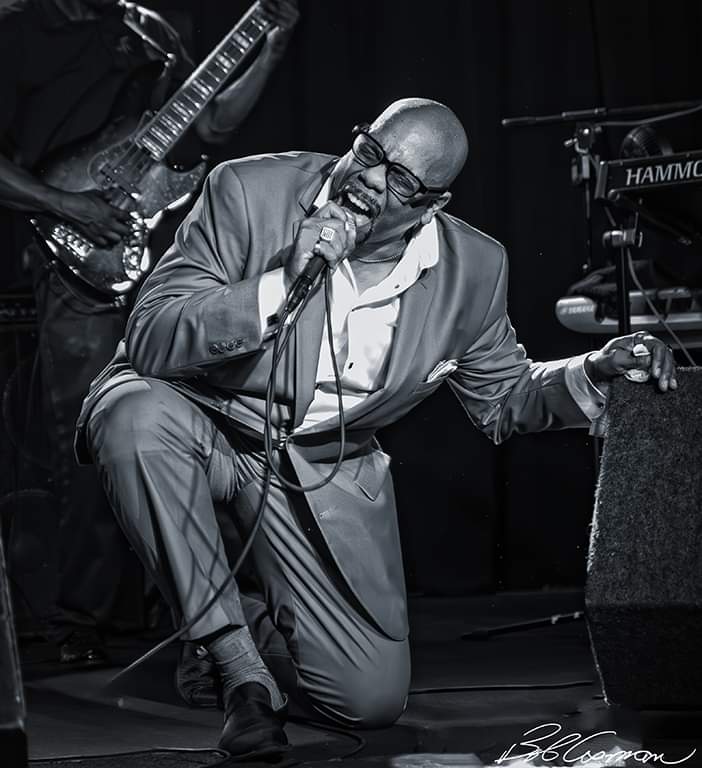
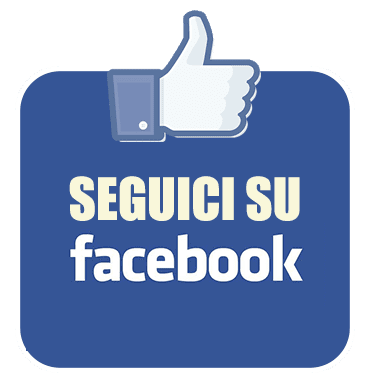
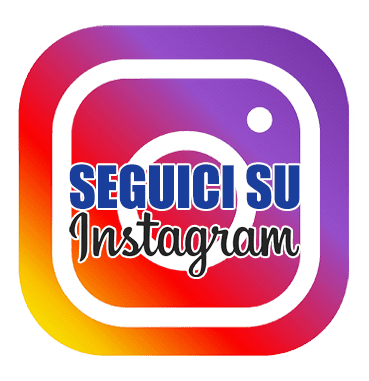



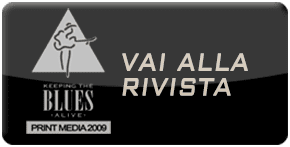


Comments are closed